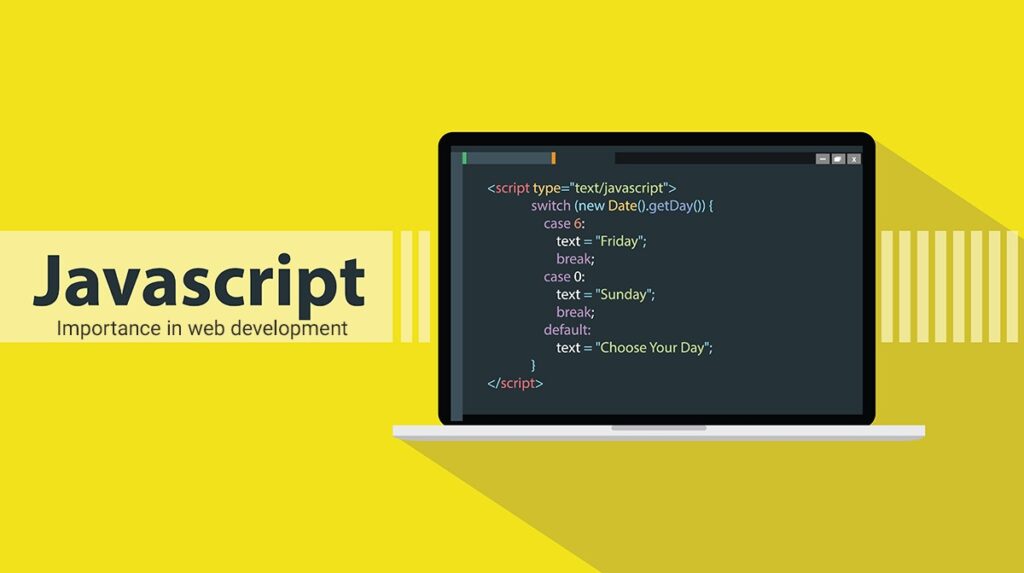JavaScript has become an integral part of web development, enabling developers to create dynamic and interactive web pages. From simple scripts to complex applications, JavaScript empowers developers to bring their ideas to life in the digital realm. In this guide, we’ll explore the fundamentals of JavaScript programming and how you can master this powerful language.

Understanding JavaScript:
JavaScript is a high-level, interpreted programming language primarily used for web development. It is known for its versatility, as it can be used both on the client-side and server-side. JavaScript is supported by all modern web browsers, making it an essential tool for web developers.
Key Concepts:
- Variables and Data Types:
- Variables are used to store data values. In JavaScript, variables can be declared using the
var,let, orconstkeywords. - JavaScript supports various data types including numbers, strings, booleans, arrays, objects, functions, and more.
- Variables are used to store data values. In JavaScript, variables can be declared using the
- Control Flow:
- Control flow statements such as
if,else,for,while, andswitchare used to control the execution of code based on certain conditions. - Functions:
- Functions in JavaScript are blocks of reusable code that perform a specific task. They can be declared using the
functionkeyword and can accept parameters and return values. - Objects and Arrays:
- Objects and arrays are fundamental data structures in JavaScript.
- Objects are collections of key-value pairs, while arrays are ordered collections of values.
- JavaScript enables developers to handle user interactions such as clicks, mouse movements, and keyboard inputs through event listeners.
Best Practices:
- Use Descriptive Variable Names:
- Use meaningful variable names to enhance code readability and maintainability.
- Follow Modularization:
- Break down your code into smaller, reusable functions and modules to promote code reusability and scalability.
- Error Handling:
- Implement proper error handling techniques to gracefully handle unexpected errors and exceptions.
- Optimize Performance:
- Write efficient code and avoid unnecessary computations to optimize performance.
- Stay Updated:
- JavaScript is an ever-evolving language. Stay updated with the latest features, best practices, and frameworks to improve your skills and stay ahead in the field.
Community and Forums:
Engage with the JavaScript community through forums like Stack Overflow, Reddit, and GitHub to seek help, share knowledge, and collaborate with other developers.
Conclusion:
JavaScript is a versatile and powerful programming language that plays a crucial role in modern web development. By mastering JavaScript fundamentals and following best practices, you can build robust and interactive web applications. Continuous learning, practice, and staying updated with the latest trends and techniques are key to becoming proficient in JavaScript programming. So, roll up your sleeves, dive into the world of JavaScript, and unleash your creativity in web development!